Recent Trends: Fish 2004-2018
Interagency Ecological Program Spring Season report
Background
- Delta Smelt and Longfin Smelt have been in decline since the early 2000s. The CDFW 20mm Survey was designed to sample post-larval and juvenile Delta Smelt, and samples in San Pablo, Suisun, and the Delta.
- Longfin Smelt frequently spawn further downstream than Delta Smelt, so the 20 mm Survey does not cover their entire range, but still provides an indication of population-level trends.
- Juvenile Winter-Run Chinook Salmon out-migrate to the ocean in spring, and are sampled by the USFWS’s Chipps Island Trawl, located at the confluence of the Sacramento and San Joaquin Rivers.
Average fish abundance by species
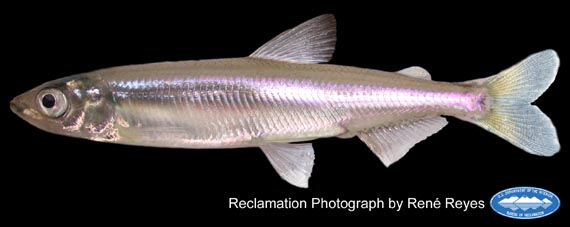
Figure 25: picture of longfin smelt
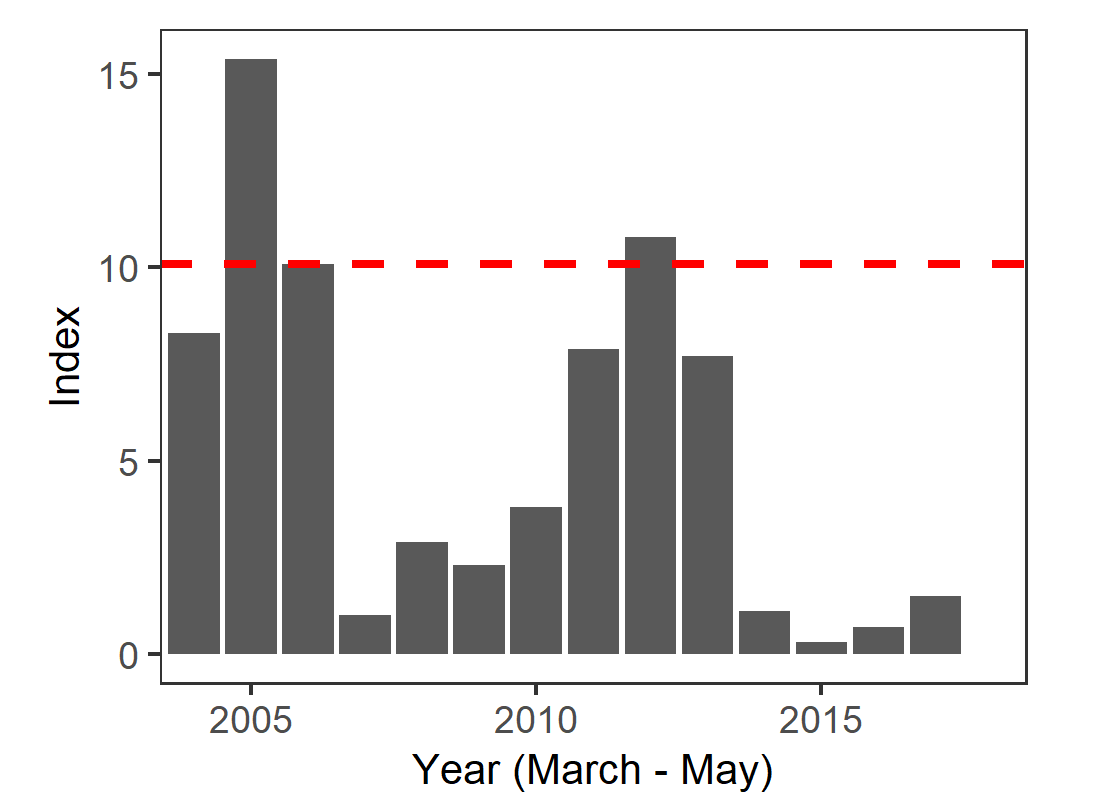
Figure 26: Graph of post-larval Delta Smelt index from 2004-2018. Values range from 0 to 15.
The Delta Smelt 20mm index was zero in 2018, the lowest index on record.
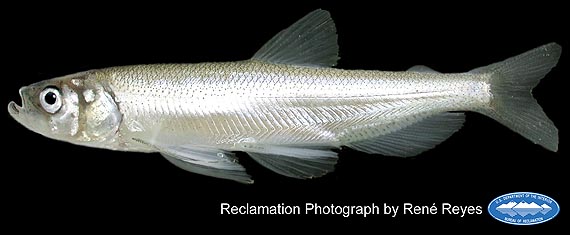
Figure 27: picture of longfin smelt
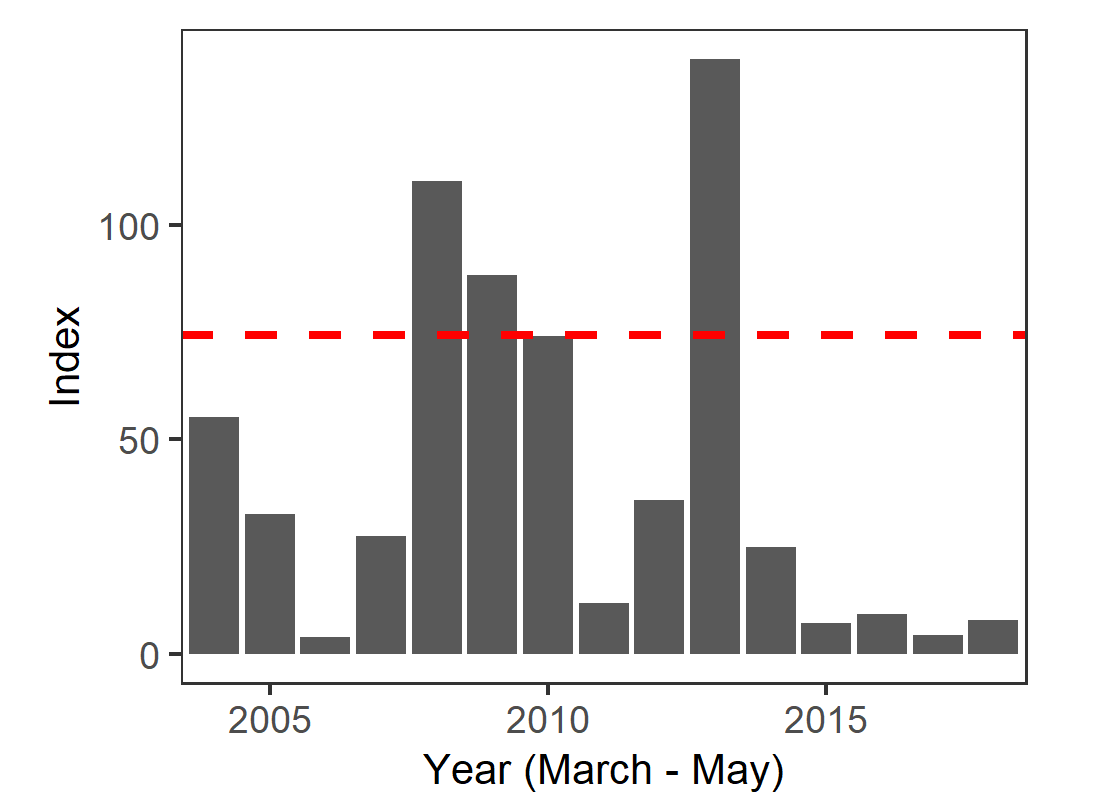
Figure 28: Graph of post-larval longfin smelt index from 2004-2018. Values range from 4 to 206.
Adult Longfin smelt abundance in 2018 was much lower than the long-term average.
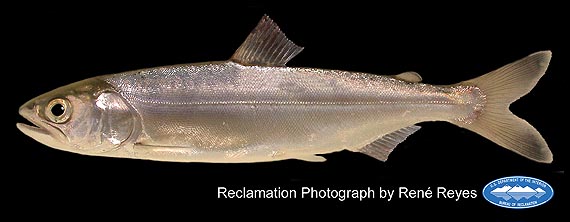
Figure 29: picture of a juvenile salmon

Figure 30: Graph of juvenile winter-run chinook index from 2004 to 2018. Values range from 0.2 to 6.
In 2018, juvenile winter-run salmon survival was about average.
For more information see: Kwan, N., J. Jenkins, C. Stuart, A. Shakya, and B. Schreier. 2019. 2011-2016 Yolo Bypass Fisheries Monitoring Status and Trends Report. IEP Newsletter 36(1):27-36.